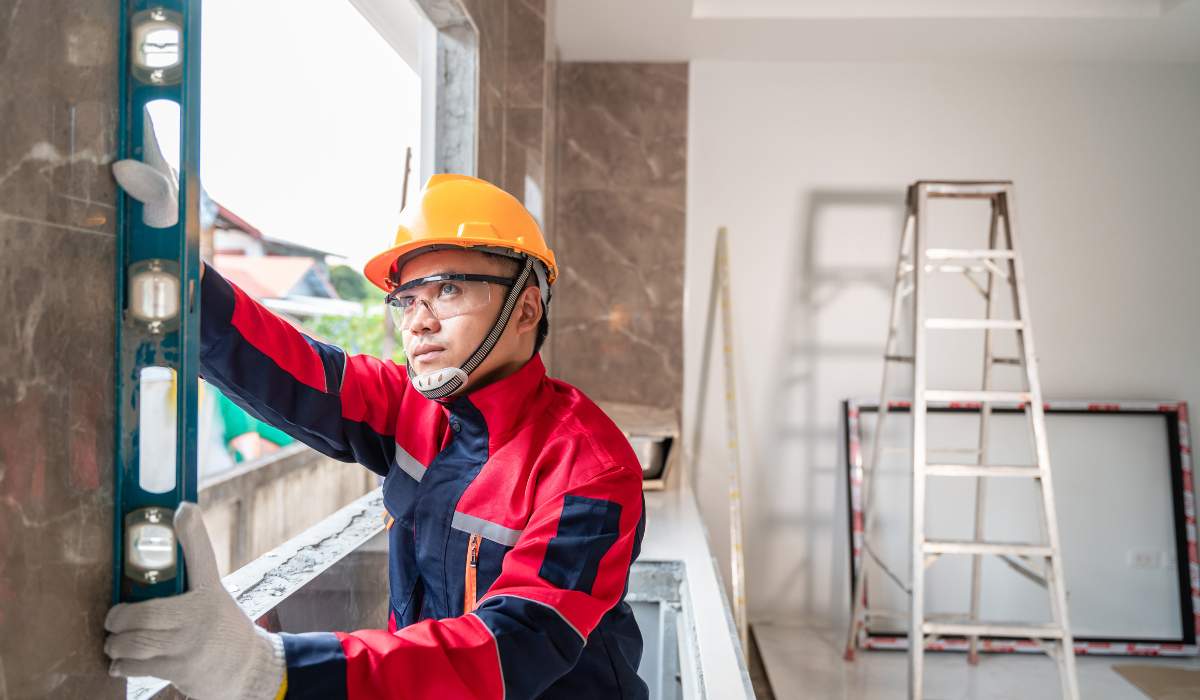The Importance of a Home Inspection: Safeguarding Your Investment
One of the most important purchases you will ever make is buying a home. It’s a choice that requires careful evaluation of a variety of elements, including pricing, layout, and amenities in addition to location. It’s important to remember one vital stage in the house-buying process, the home inspection, despite the thrill of locating your dream home. We will examine the significance of a house inspection and the reasons it is an essential safety for your investment in this thorough essay.
Uncovering Hidden Problems A competent specialist conducts a thorough evaluation of a property’s condition as part of a home inspection. It includes evaluating the home’s structural elements, systems, and general integrity. A home inspection is important for a number of reasons, one of which is that it reveals hidden problems that would not be noticeable during a quick walkthrough. These undiscovered problems could affect the property’s safety, usefulness, and value and could range from small worries to serious flaws. Early detection of these problems will allow you to remedy them before the transaction is completed.
Assuring Safety and Home Inspection

When it comes to homeownership, your family’s safety comes first. A house inspection aids in locating any potential security risks that might be present. This covers problems including poor electrical wiring, leaky pipes, structural flaws, mold infestations, and more. A professional inspection can help you find these safety issues so you can take immediate action to protect your loved ones’ safety.
Structural Integrity Evaluation
A home’s structural integrity is essential to both its long-term durability and worth. In order to spot any indications of damage, degradation, or subpar construction, a house inspection evaluates the foundation, walls, roof, and other structural elements. Using the information from this assessment, you may decide whether to buy the property knowing more about its general stability and quality.
Finding Electrical and Plumbing Problems
A home’s electrical and plumbing systems are essential to its operation and comfort. These systems are carefully inspected during a home inspection to find any problems, including leaks, out-of-date wiring, or faulty installations. Early intervention can reduce the likelihood of future water damage, electrical risks, and expensive repairs.
HVAC System Evaluation
Heating, ventilation, and air conditioning (HVAC) systems are essential for keeping a cozy living space. HVAC systems are examined during a home inspection to make sure they are safe and in good working order. Using this evaluation, you can pinpoint any maintenance or repair requirements and create a budget for conceivable system replacements or upgrades.
Checking for Pest Infestations

Pest infestations can seriously harm a home’s structure and cause major damage. A thorough search for pest activity, such as termites, rodents, or wood-boring insects, is part of a home inspection. Early detection of these problems enables you to take the proper action to reduce the infestation and stop additional damage.
The state of the roof must be evaluated in order to safeguard the house from the elements. A roof inspection looks for indications of wear and tear, leaks, or damage. This evaluation enables you to determine the roof’s remaining useful life and make plans for prospective repairs or replacements, protecting your investment.
Understanding Energy Efficiency
For the sake of financial savings and environmental sustainability, energy efficiency is a crucial component of homeownership. A home inspection can provide information about the building’s energy effectiveness, including the insulation, windows, and total energy usage. You can use this information to decide on potential energy-saving enhancements or renovations with confidence.
Making Maintenance and Repair Plans
You can gain a thorough grasp of the property’s condition and any prospective maintenance or repair requirements from a home inspection report. Before finalizing the transaction, you can account for these charges and make an educated financial decision by being aware of any significant concerns. It assists in avoiding unforeseen costs that could put a strain on your budget and guarantees that your investment is still financially healthy.
Increasing your negotiating power You can utilize the useful information you get from a thorough house inspection report to your advantage during negotiations. You can use the results of the inspection to renegotiate the purchase price or ask the seller to make repairs or concessions if it reveals serious problems or flaws. You can preserve your investment and bargain from a position of knowledge if you have an objective evaluation of the property’s condition.
Conclusion
Purchasing a home is an important milestone, and protecting that investment requires a thorough home inspection. It offers a thorough assessment of the property’s state, exposing hidden problems, assuring safety, and giving bargaining power. Additionally, it gives you the chance to improve energy efficiency, plan for upcoming maintenance and repairs, and gain financial security.
Remember that a home inspection is an investment in your peace of mind and the long-term structural integrity of your house rather than an expense. Therefore, prioritize a complete home inspection before you sign the contract to protect your investment for years to come.